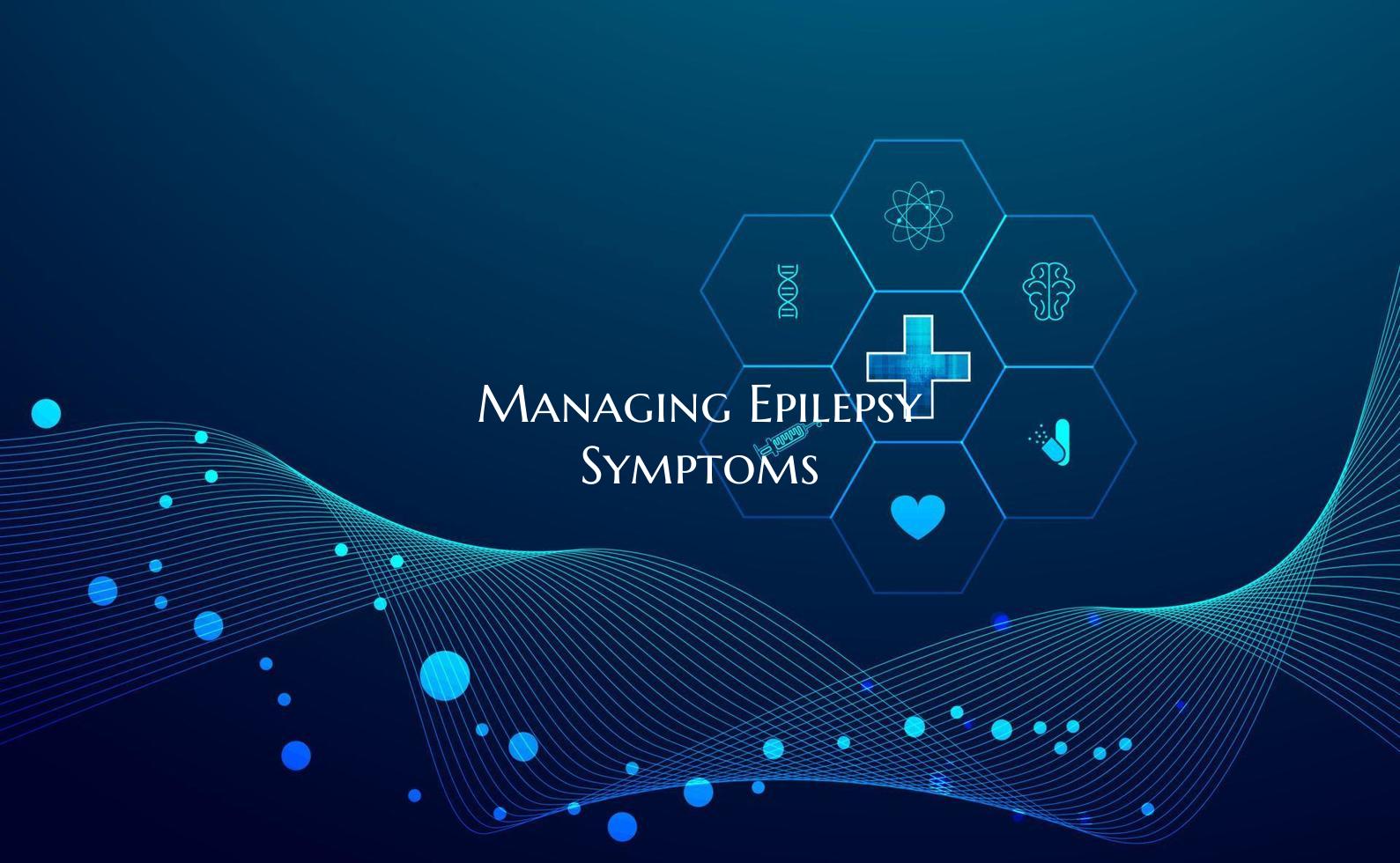
Managing Epilepsy Symptoms
Living with epilepsy can present challenges, but there are ways to effectively manage the condition and its symptoms. Epilepsy is a neurological disorder characterized by recurrent seizures, and understanding how to effectively manage these symptoms is crucial for maintaining quality of life.
One key aspect of managing epilepsy is staying consistent with medication. Antiepileptic drugs (AEDs) are commonly prescribed to help control seizures, and it is important to take these medications as directed by a healthcare professional. Skipping doses or stopping medication suddenly can increase the risk of seizure activity.
In addition to medication adherence, lifestyle factors can play a significant role in managing epilepsy symptoms. Getting an adequate amount of sleep, maintaining a healthy diet, and reducing stress levels can help minimize seizure triggers. It can also be beneficial to establish a regular routine and to avoid alcohol and recreational drugs, as these substances can lower the seizure threshold.
Another important aspect of managing epilepsy is creating a seizure action plan. This plan should outline steps to take in the event of a seizure, including who to contact for help and any specific instructions for responders. Sharing this plan with family members, friends, and coworkers can help ensure a prompt and appropriate response in case of a seizure.
Regular medical monitoring is also essential for managing epilepsy symptoms. Consultations with a neurologist or epileptologist can help track seizure activity, assess medication effectiveness, and make any necessary adjustments to the treatment plan. Keeping a seizure diary can also provide valuable information for healthcare providers and assist in identifying patterns or triggers.
Furthermore, exploring alternative therapies such as relaxation techniques, biofeedback, or acupuncture may complement traditional treatment methods and help individuals better cope with the challenges of epilepsy. It is important to discuss any alternative approaches with a healthcare provider before incorporating them into a treatment plan.
Overall, managing epilepsy symptoms requires a comprehensive approach that includes medication adherence, lifestyle modifications, creating a seizure action plan, regular medical monitoring, and potentially exploring alternative therapies. By actively participating in the management of their condition, individuals with epilepsy can strive for better seizure control and an improved quality of life.